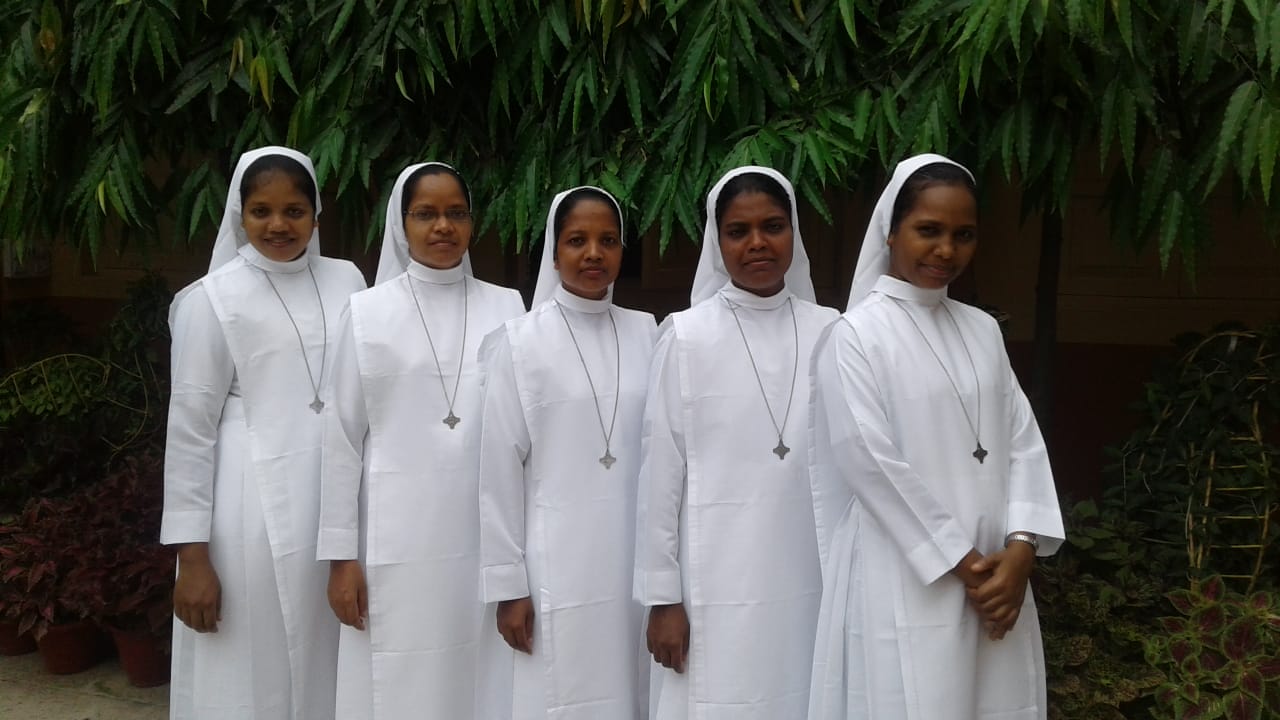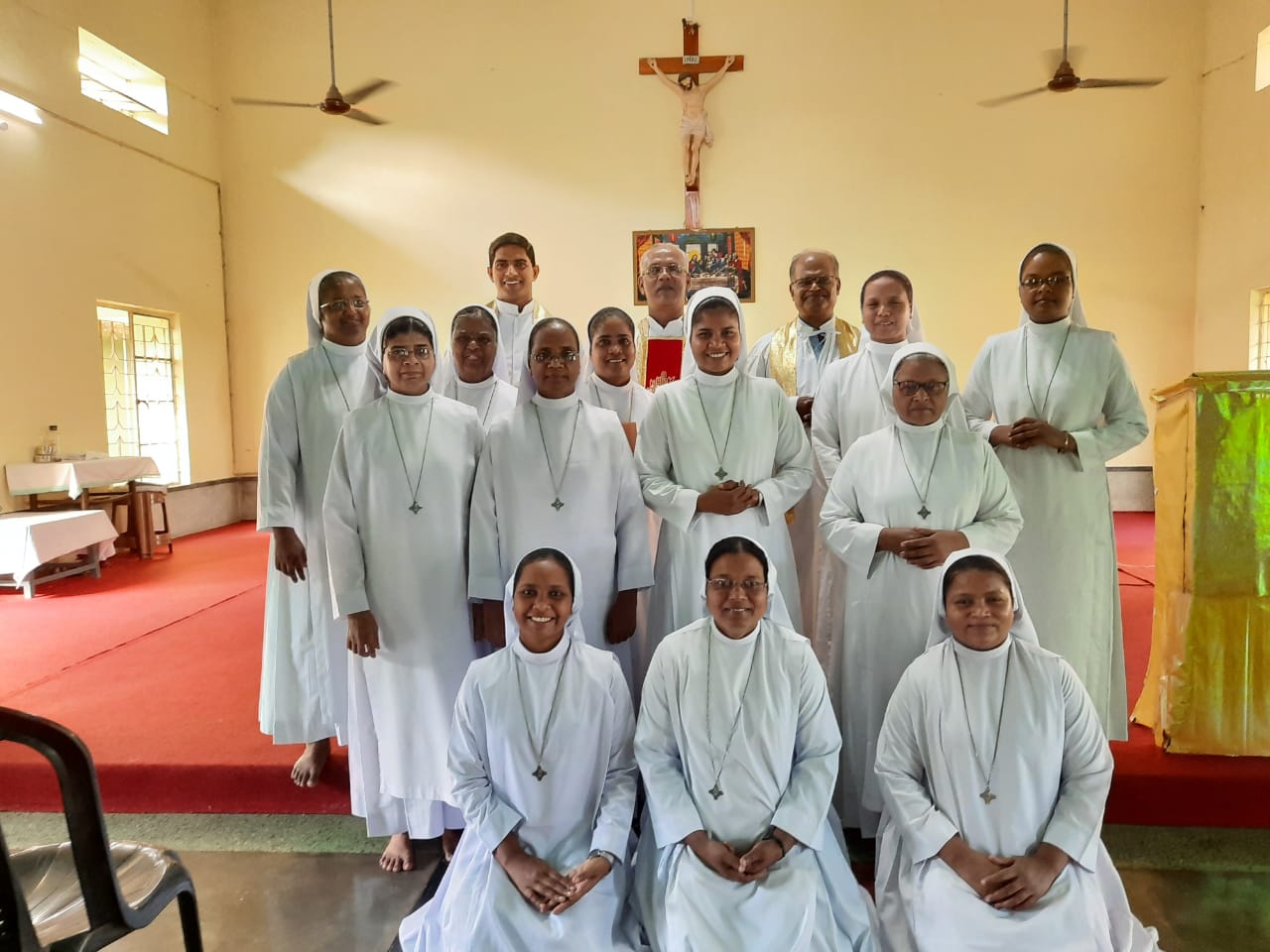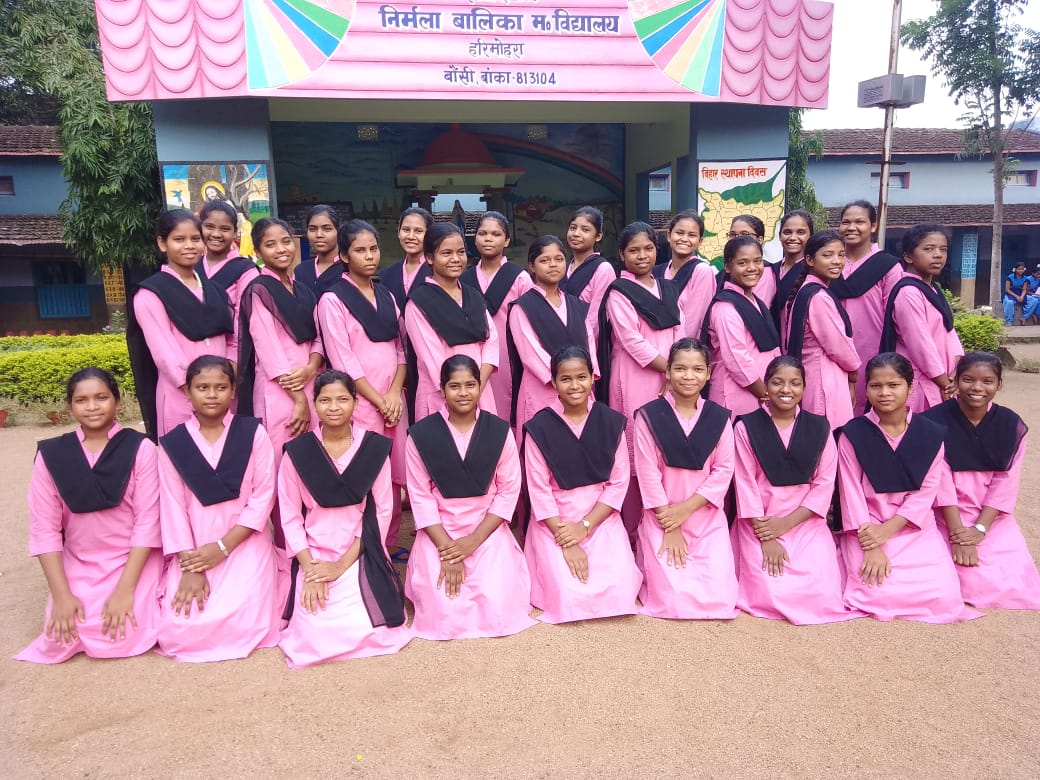
Formation is a dynamic process of development and growth. Dynamic because it stimulates hope and acts with full vigor in charity. It is a process towards a better service and development of personal gifts and graces received. Growth in Christ who is our life and whom religious must reveal to the world to their conduct. Formation is always in a process and in progress towards a better service. Formation is never finished. It must be sort during one’s whole life to reach “to the age of the fullness of Christ” (Eph. 4: 13).
“It is the specific Carmelite formation that makes a Teresian Carmelite sister ready to fulfill loyally her vocation and mission in the Church. There must exist a perfect harmony, between the formation and way of life each sister has to lead. She must know the clear and precise distinction between our way of life and that of any other institute. Being called to an intimate friendship with Christ she finds her fulfillment in union with god, manifested in charity, lives and works in the Christ and for the Church. The ecclesial aspect of a Teresian Carmelite vocation must receive great emphasis” (Const no. 61).
Every phase of formation is a continuation of the previous one and a preparation for the next and such a continual and gradual process never comes to an end.
“Where talents and the needs of the world cross, therein lies your vocation.” – Pope Francis.
“The vocation is truly a treasure that God places in the hearts of some, chosen by Him and called to follow Him in a special state of life.”

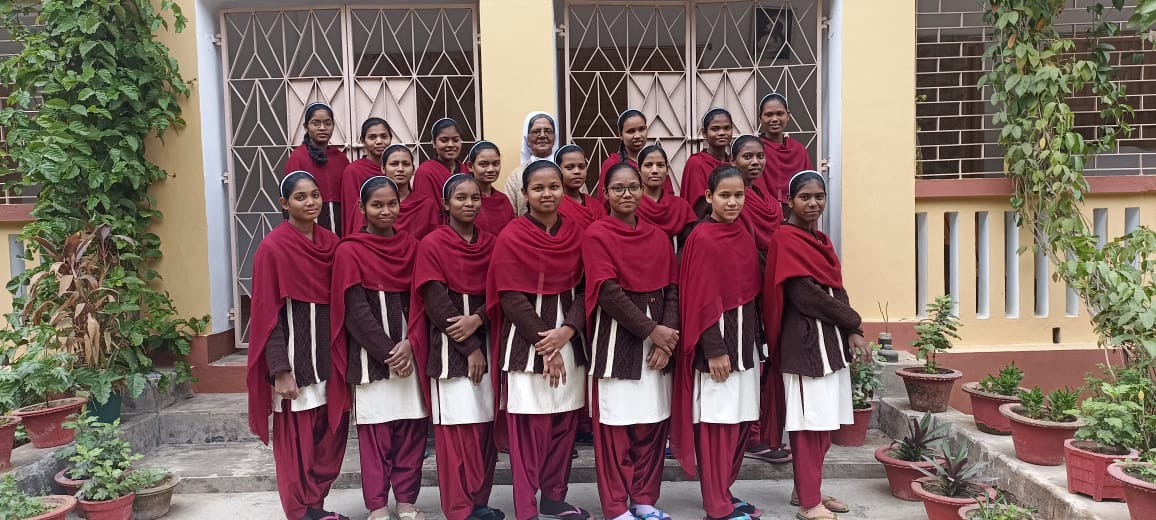
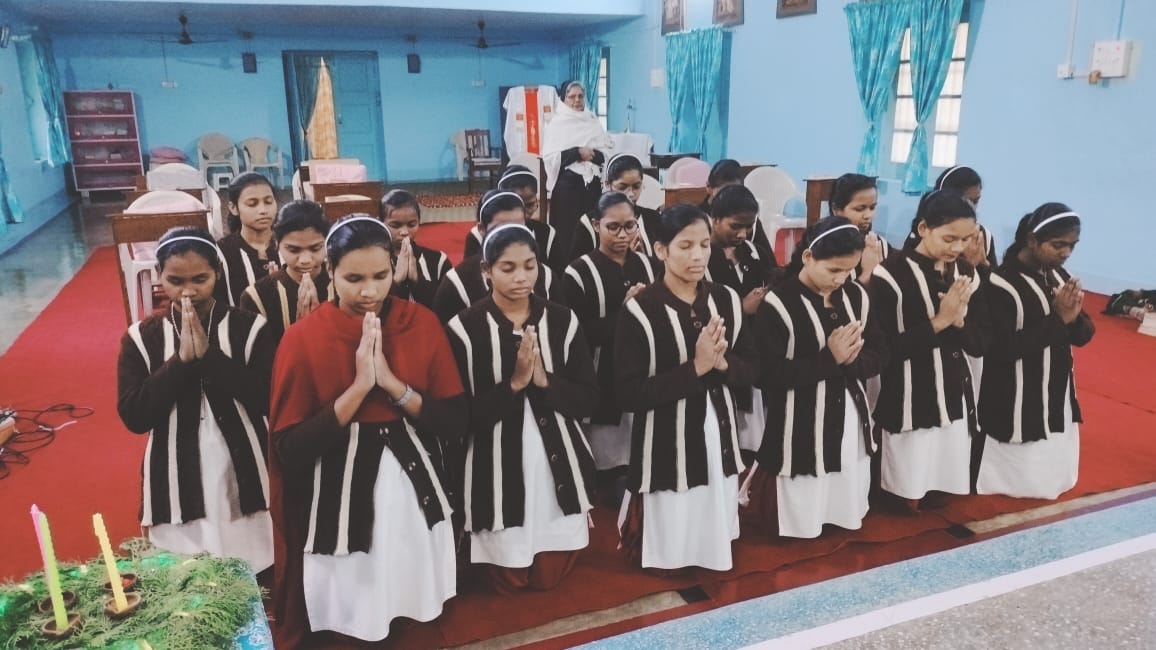
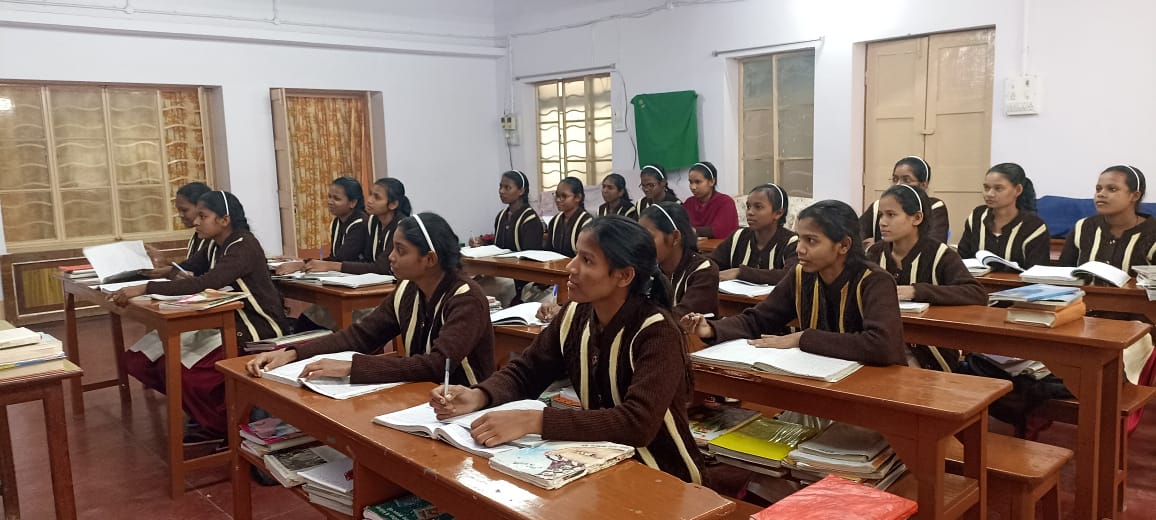

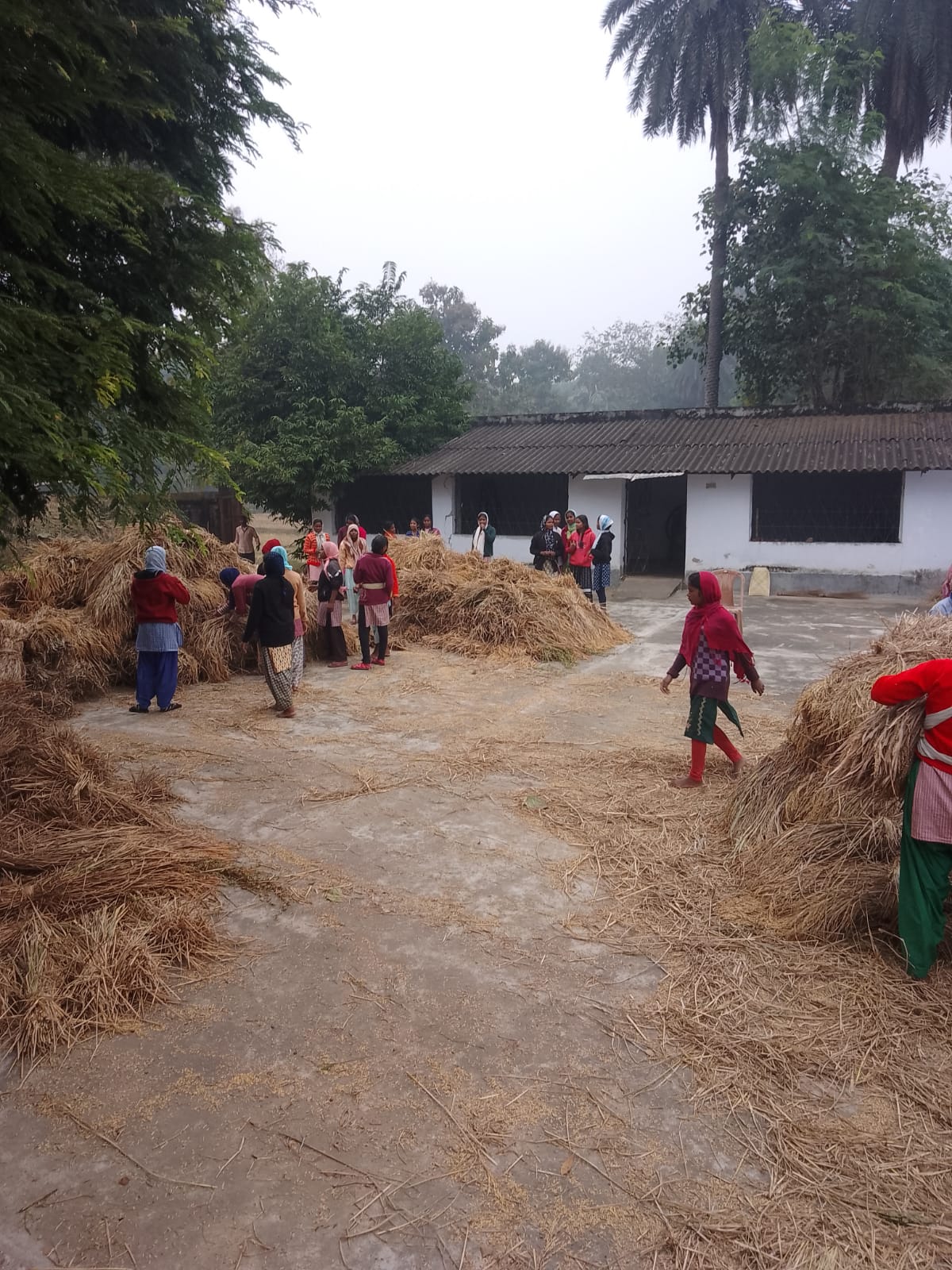
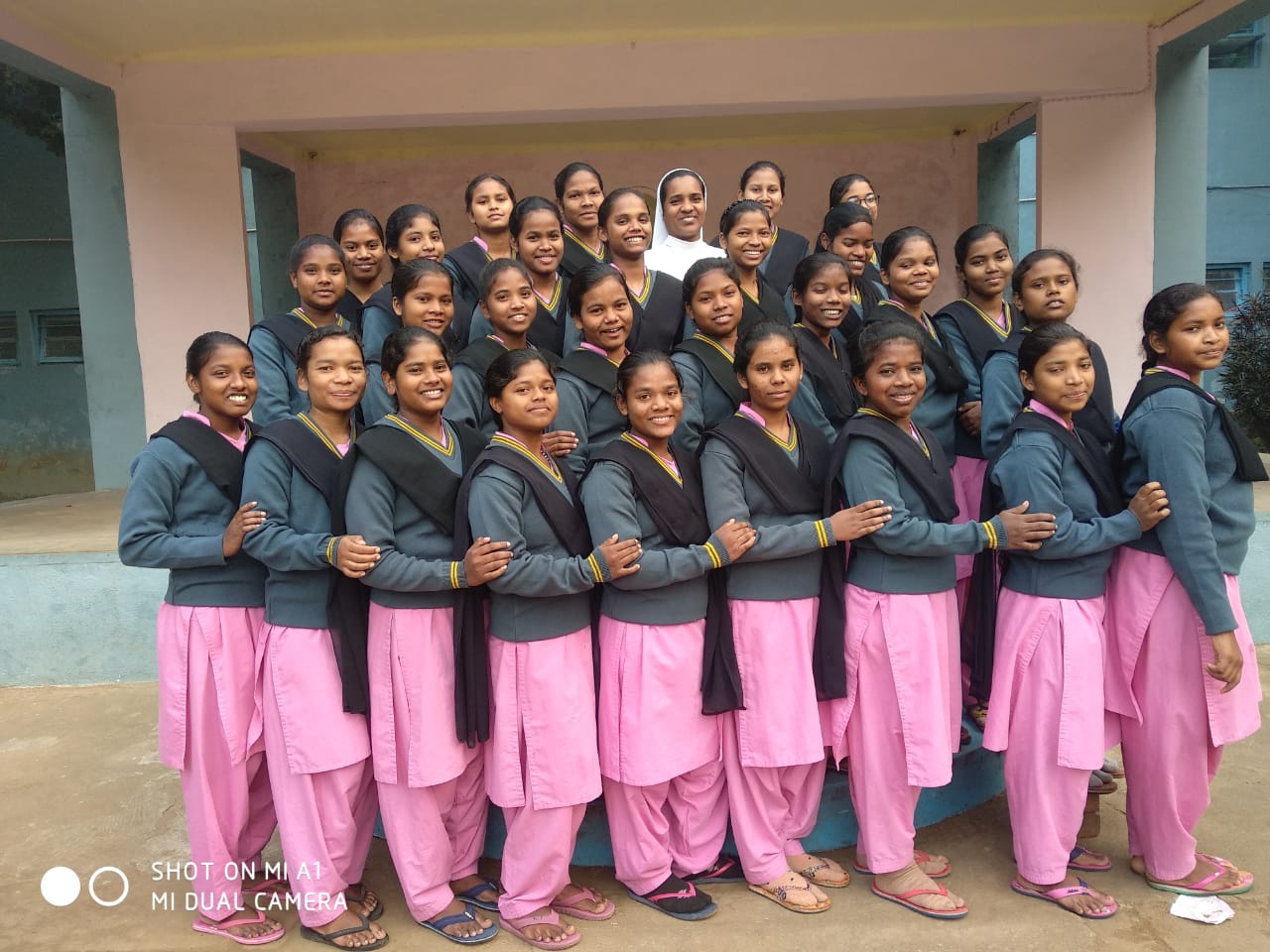
“Come and see (Jn. 1.39)” It is the time of the first experience, which culminates in the decision to be initiated to religious life by the effective availability to break away certain habits of her past and adapt a new style for a mature vocational attitude.
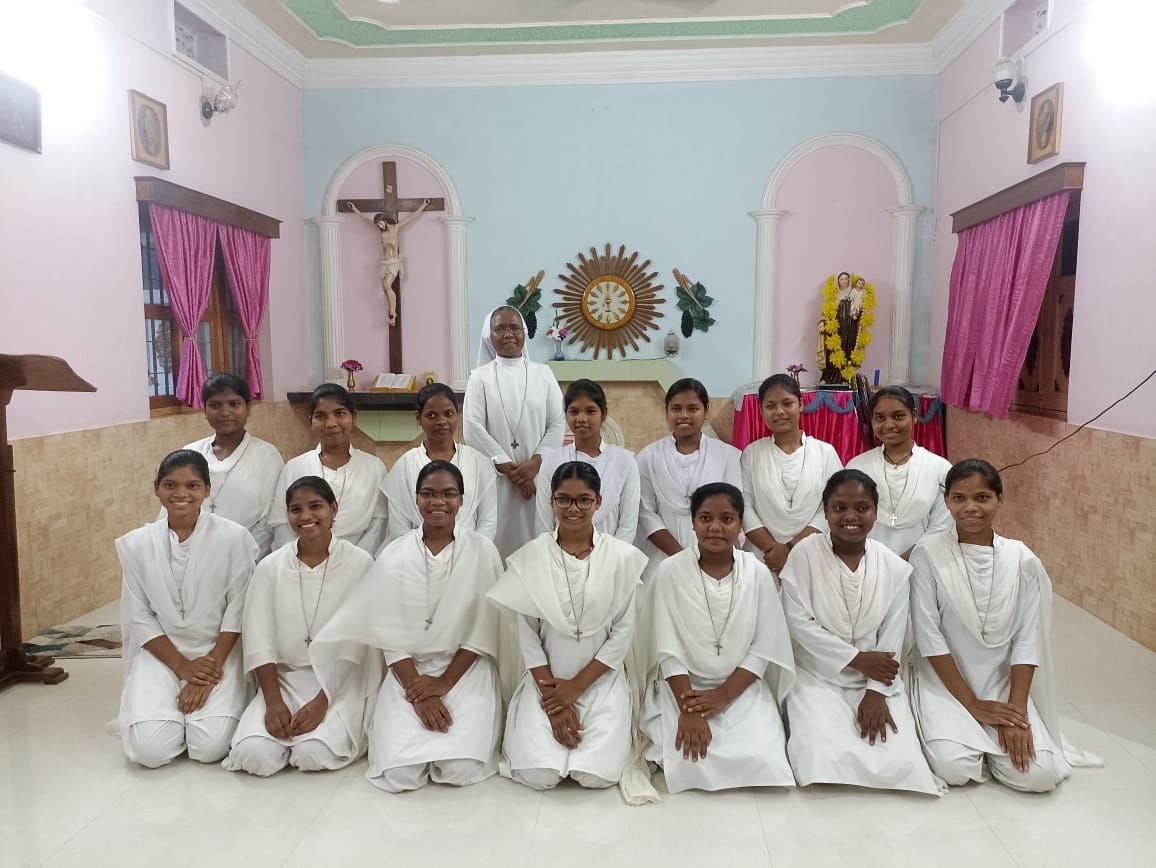
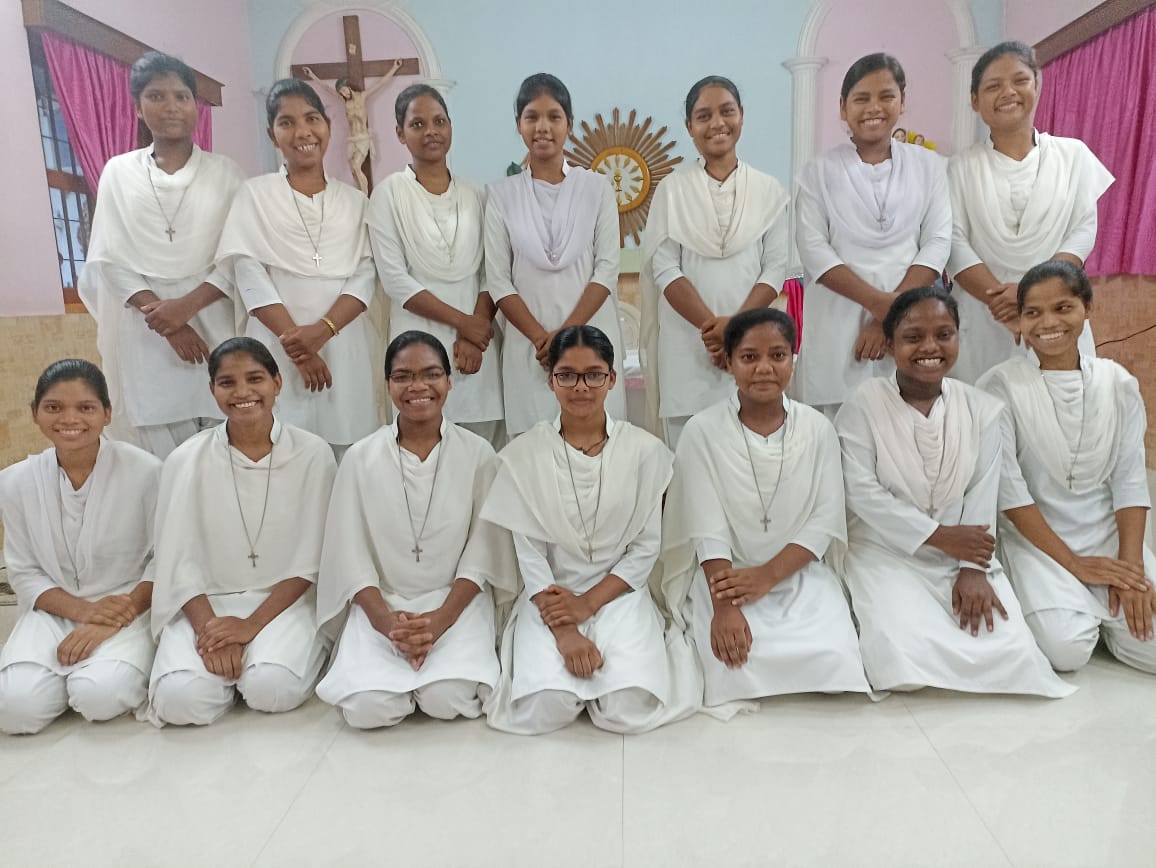
“Having the eyes of your hearts enlightened that you may know what is the hope to which he has called you” (Eph. 1: 18).
Postulancy is a necessary requirement for all candidates to religious life. The postulants are trained in natural virtues as well as to deepen their knowledge of Christian faith and the Gospel values.
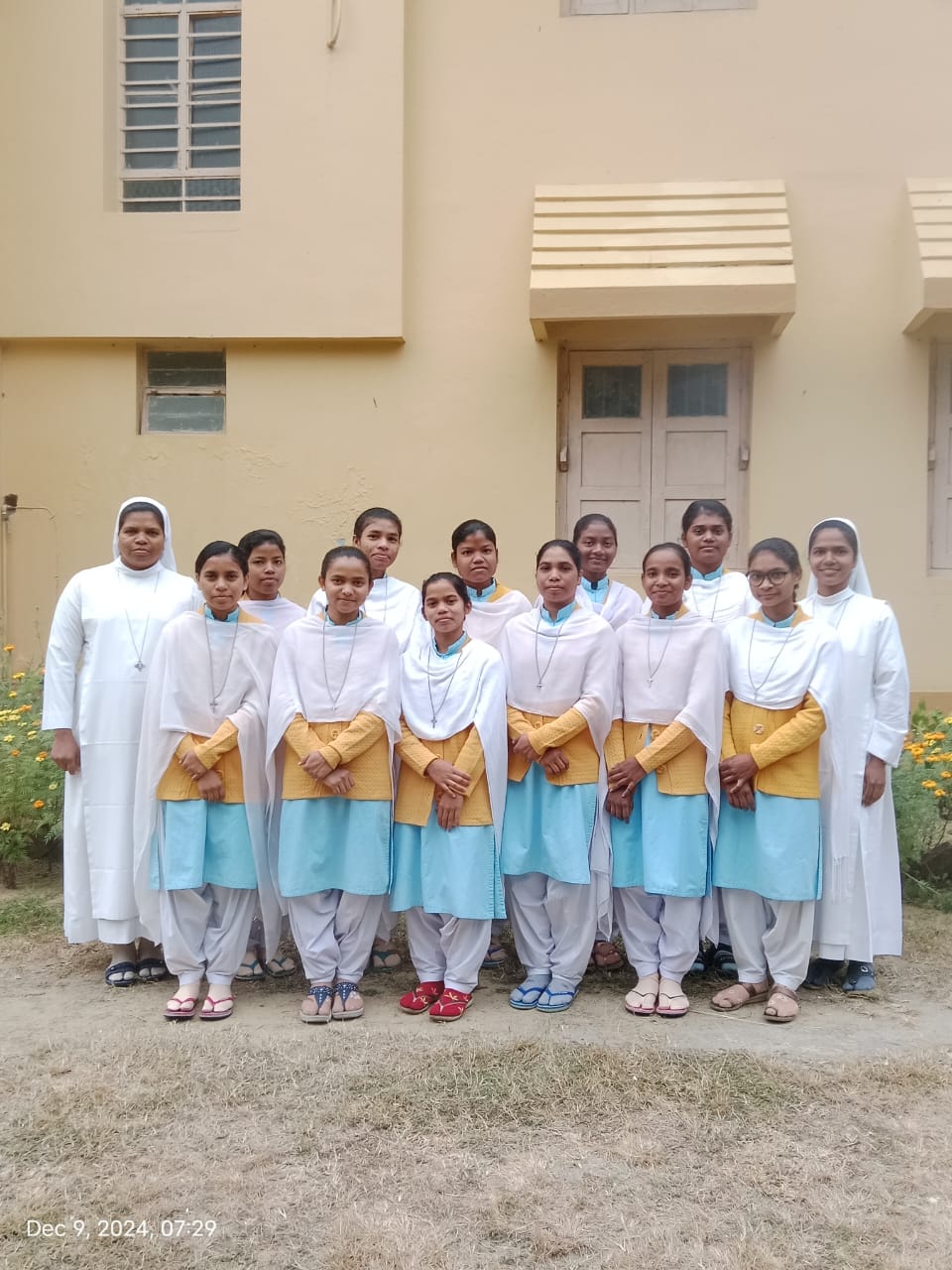
“They spent the rest of that day with Him” (Jn 1: 39)
The novitiate is the beginning of the experience of religious life and it is a time of integral initiation to the form of life chosen by the Son of God and proposed in the charism of the institute. In the words of Vita Consecrata, it indicates the start of the process of assimilation of the sentiments of the Son (Phil 2: 5), the point of arrival of all the formative routes (cf. VC 65-69).
“The novitiate by which the life in the institute begin, is ordered to this, that the novices better recognized their divine vocation and one which is more over, proper to the institute that they experience the institutes manner of living, that they may be formed in mind and heart by spirit, and that their intention and suitability be tested” (Can 646).
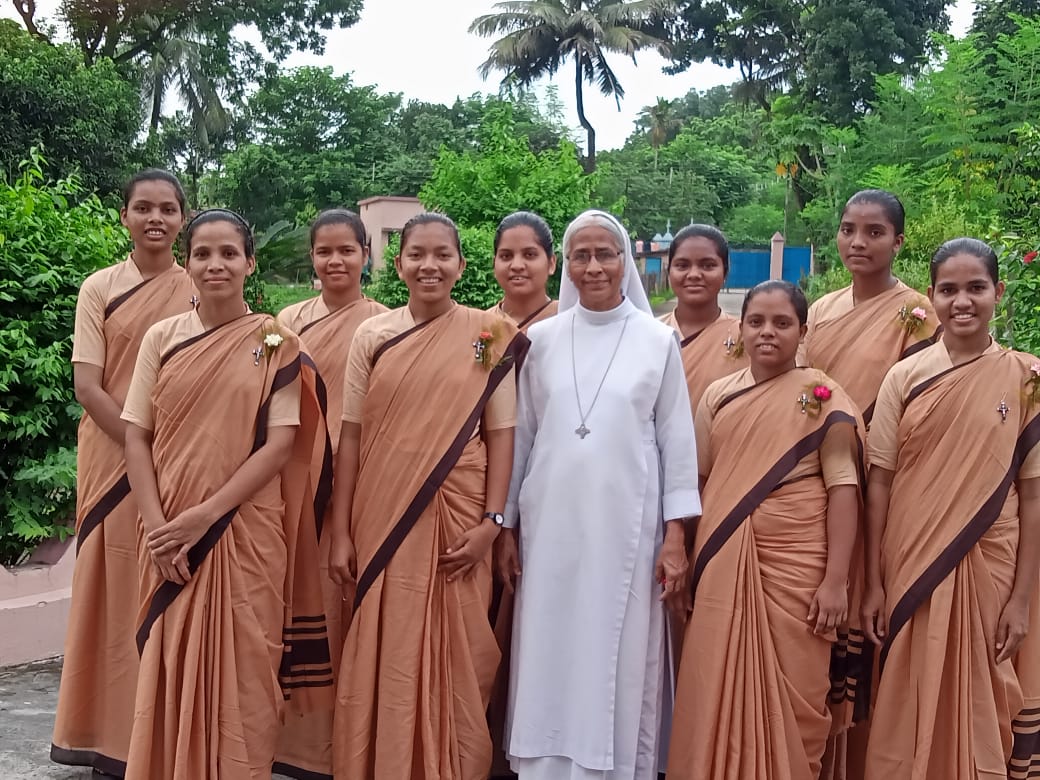
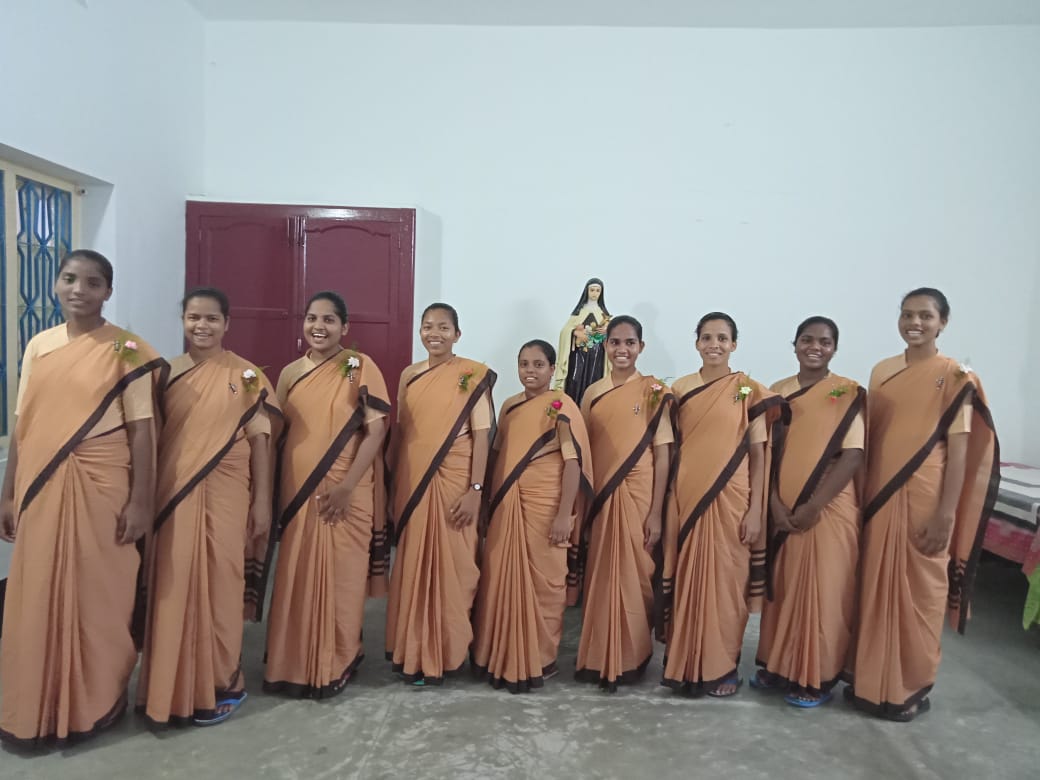
Post-novitiate: “Immediately they followed Him” (Mk 1: 8)
The post-novitiate (second year novitiate) is a global process of renewal which extends to all aspects of the formee. The passage from the canonical novitiate to the experience of a more independent life in which formees must discover a new way of being faithful to God, is one of these phases congregation offer members such periods of intensifying their vocation.
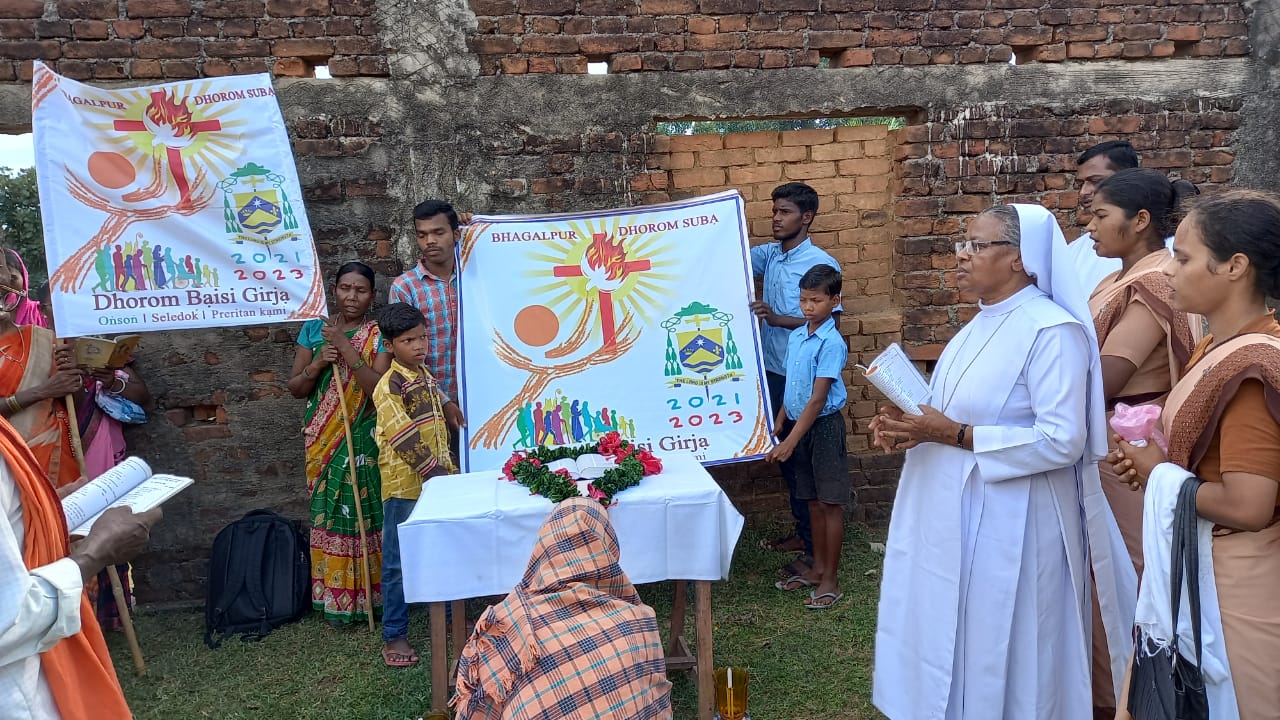
“An Act of the Church which Consecrates and Incorporates”.
According to the teaching of the Church, “by religious profession members assume by public vows of the three evangelical counsels, are consecrated to God through the ministry of the Church and are incorporated into the institutes with rights and duties defined by law” (CIC 654). Religious profession is a public confirmation from the beginning of a covenant which God, the Church and the community establish with a newly consecrated person. It is God who consecrates and the novice responds by giving herself totally to God in the Carmelite/Teresian/Eliswanic life.
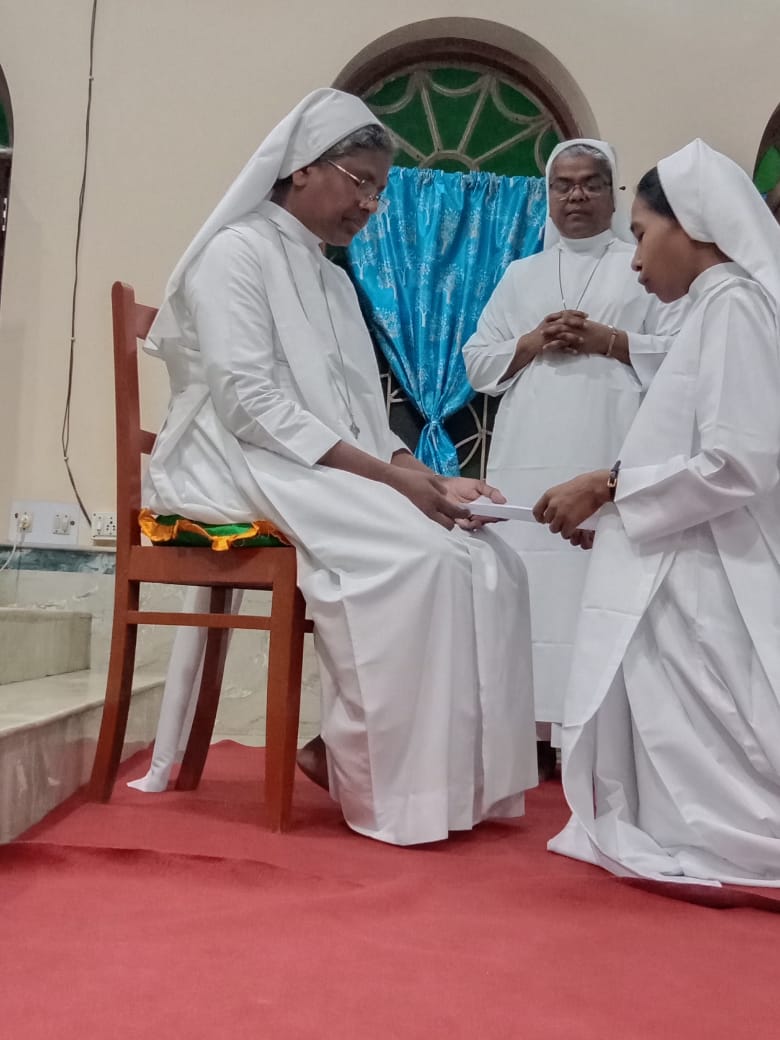
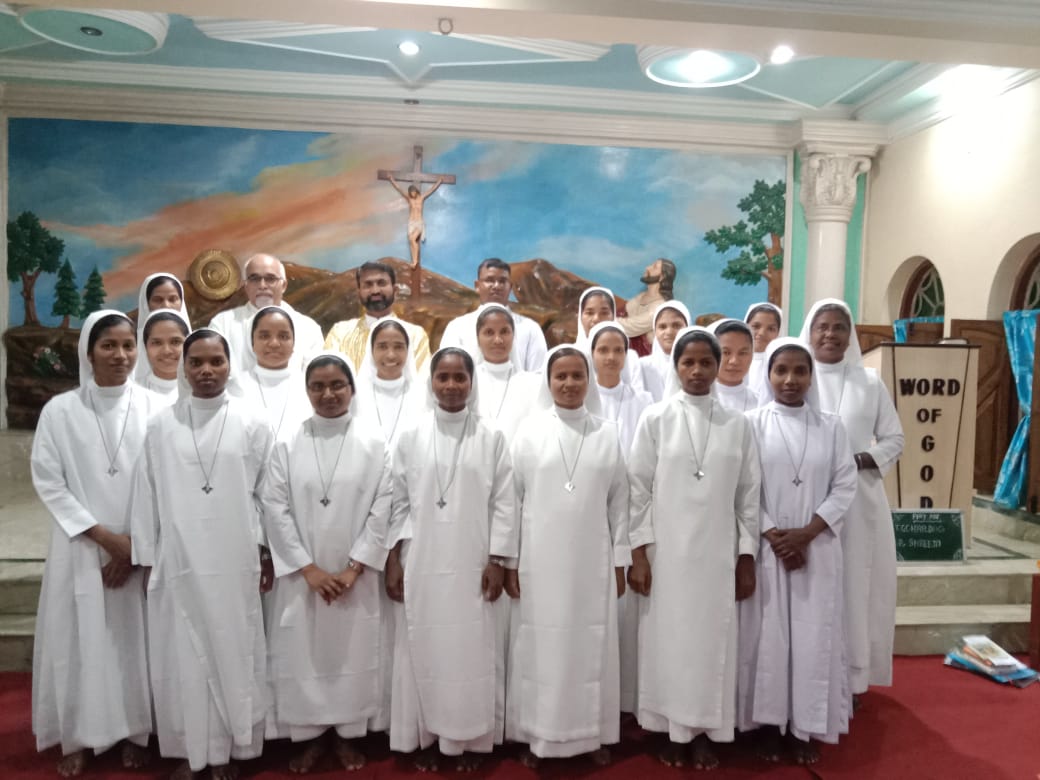
Juniorate is a period between first profession and perpetual vows for bringing to perfection the religious and apostolic, doctrinal and technical formation. The first profession marks the beginning of a period of consecrated life. It helps the professed religious to avoid a sudden change in her pattern of life and a slackening in her pace of growth in her vocation. The time after the first profession and before final, during this phase the newly professed has to discover, assimilate and deepen her religious identity.
Temporary profession is a period of five years if it seems opportune this period can be extended by the superior general or the provincial with the consent of the respective council by a period not exceeding four years (cf. Const. n. 87).
